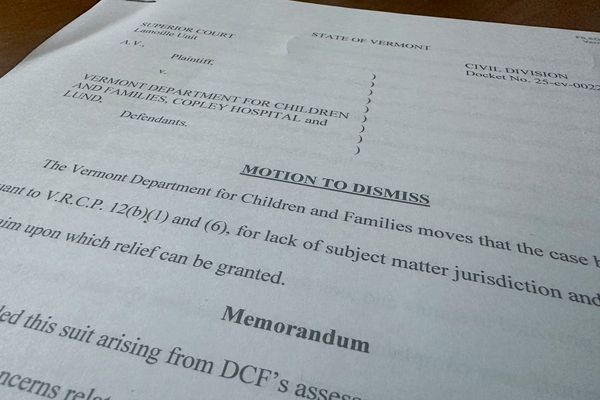UBS Group saw a welcome improvement to its Relative Strength (RS) Rating on Monday, with an increase from 68 to 74.
IBD's proprietary RS Rating measures market leadership by using a 1 (worst) to 99 (best) score that identifies how a stock's price performance over the trailing 52 weeks stacks up against all the other stocks in our database.
Decades of market research shows that the market's biggest winners often have an 80 or better RS Rating as they launch their largest price moves. See if UBS Group can continue to rebound and hit that benchmark.
Can You Really Time The Stock Market?
UBS Group broke out earlier, but has fallen back below the prior 32.13 entry from a consolidation. If a stock you're watching climbs above a buy point then declines 7% or more below the original entry price, it's considered a failed base. It's best to wait for the stock to form a new pattern and breakout. Also understand that the most recent consolidation is a later-stage base, and such bases are more prone to failure.
While revenue growth fell last quarter from 38% to 3%, EPS grew 0%, up from -96% in the previous report.
UBS Group holds the No. 15 rank among its peers in the Banks-Money Centers industry group. Banco Bilbao Vizcaya ADR, Morgan Stanley and Goldman Sachs are among the top 5 highly rated stocks within the group.
RELATED:
Banks And Financial Stocks: Latest News And Analysis
IBD Stock Rating Upgrades: Rising Relative Strength
Why Should You Use IBD's Relative Strength Rating?
How Relative Strength Line Can Help You Judge A Stock
Ready To Grow Your Investing Skills? Join An IBD Meetup Group!







